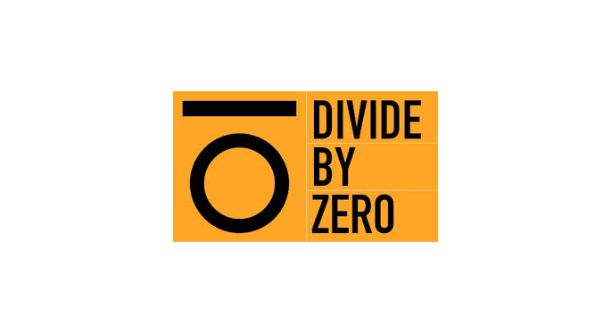Mumbai: Innovation has been the backbone of revolution and progress since the inception of time. 3D printing has been instrumental in aiding research and prototyping and its advancement has only propelled the revolution to an industrial level. While many industries are phasing out dated methods of prototyping in favor of 3D printing, it comes with its own challenges. There have been challenges with respect to the strength, robustness, and finish of the output, not to mention the fastidious post-processing steps that are expensive and time-taking. This is especially true for currently popular 3D printing technologies – FDM and FFF. However, recent developments brought about by Divide By Zero, a Navi Mumbai-based 3D printing manufacturing company, are changing things for the better.
Additive technologies such as SLS, FDM and FFF have been around for some time and at the time, it looked like they were here to stay. Most machines today support these technologies and that has a direct correlation with their popularity. These technologies, while functional, inflict issues such as compromised quality and finish of the output. SLS, which uses laser technology, delivers with unmatched precision and excellent quality, involves higher costs and affordability is not an option.
The current lot of FFF 3D printers use constant temperature to melt print materials and build the parts layer-by-layer. The flow of the molten material is constant across the geometry of the part, regardless of the design demands. The AFPM technology controls the temperature and flow of the build material, thus improving the adhesion between the layers. This imparts more strength and tensility to the output with more accuracy. The AFPM technology engages the following three techniques: layer feature size recognition, temperature estimation and control, material flow deposition estimation and control and extrusion failure repair and control.
The AFPM method uses the aforementioned techniques in order to combat the drawbacks presented by other methods. The 3D printing technology delivers superior form and fitment as the output is more accurate due to better adhesion and finish. AFPM-derived products are known to be stronger and more tensile and are thus able to withstand more stress. This opens up an aspect of increased importance – functional testing of the printed prototype. Modifications and improvisations are a big part of application-based research and functional testing makes way for those. Thus the product takes lesser time to reach the market.
In the world of additive manufacturing, Selective Laser Sintering (SLS) technology delivers the finest results with respect to build quality, strength and precision. However, SLS 3D printers are known to have a heavy price tag. A similar superior output quality & strength can be now achieved at a lower cost using Divide By Zero’s contribution to the 3D printing world – the AFPM technology.
Divide By Zero has been a market leader in India for 3D printing technologies and have been contributing consistently towards enabling innovation for large-enterprises, SMEs and individual designers alike. This leg of industrial revolution is on the cusp and Divide By Zero’s commitment towards adding value to it is now pushing the boundaries with their innovative contribution – AFPM.


